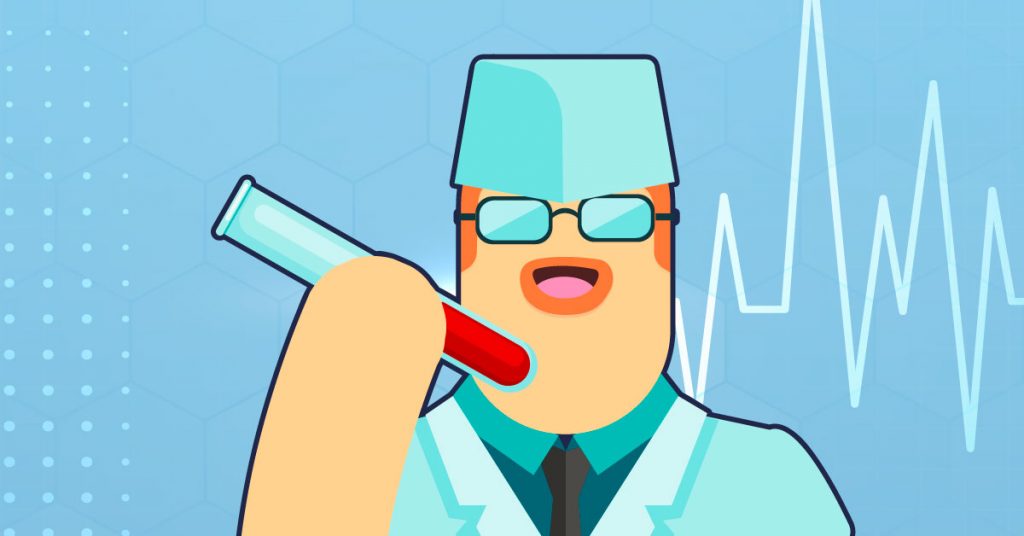Choose the right dumbbells. You stand in front of the mirror. Do a 12-piece set of curls. The last two rep grunts. Release the rockers. Flex a little in front of the mirror. Make an Instagram Story. Do the second set. Then the third.
The muscle grows.
You're more cool.
Stop.
If you think weightlifting - or CrossFit® - is all there is to it, you are wrong.
While you think about what animated gif to put in the above story, in your body - and in your muscles - a myriad of chemical processes. Strictly without you noticing.
One of these is the metabolism of creatine.
By the way, do you follow the Instagram profile of CrossMag.it already?
Follow the Instagram of CrossMag.it
Index
What is creatinine?
That's why you take creatine through supplements, as sports performance is increased (is proven).
Creatine metabolism in particular it is activated for sudden and violent efforts - like the tearing of a barbell from the ground
Creatinine is the result of the degradation of phosphocreatine, and is poured into the blood as waste to be finally filtered in the kidneys and disposed of with urine.
The conversion of a small part of creatine in creatinine it happens constantly, and depends on the amount of muscle mass of the individual.
The normal values of creatinine
In an adult, i blood creatinine normal values are between 0,6 and 1,3 mg / dl of substance. They should be constant values over the 24 hours.
Why measure creatinine?
How do you measure it?
Creatinine is measured by two tests:
- That of urine (creatininuria of 24 hours)
- That of blood (creatinemia)
Being linked to the intensity of muscular effort, when you have a creatinine test, you don't have to do any sports in the 8-12 hours before the blood draw - just as you should be fasting the night before, and not having eaten meat.
Busted creatinine?
High levels of creatinine in the blood are due to
- kidneys that do not perform their function well
- sports excesses
- burns and traumas
Low levels instead they are caused by anemia, muscle atrophy and debilitating states.
Even a poor diet in protein can lead to low chronic values of creatinine in the blood. But it is the decrease in muscle mass to be the main variation factor.
In practice, if the level of creatinine in the urine is too low, it means that the kidneys work "badly", and we will find excess in the blood.
The symptoms of elevated creatinine levels in the blood are:
- fatigue
- swelling of feet and ankles
- poor appetite
- itch for dry skin
- muscle cramps
- frequent or painful urination
- shortness of breath
Attention: one state of dehydration - such as that linked to certain sporting excesses, for example exercising outdoors in the summer forgetting to drink - involves the production of less urine, and therefore the presence of greater quantities of creatinine in the blood.

